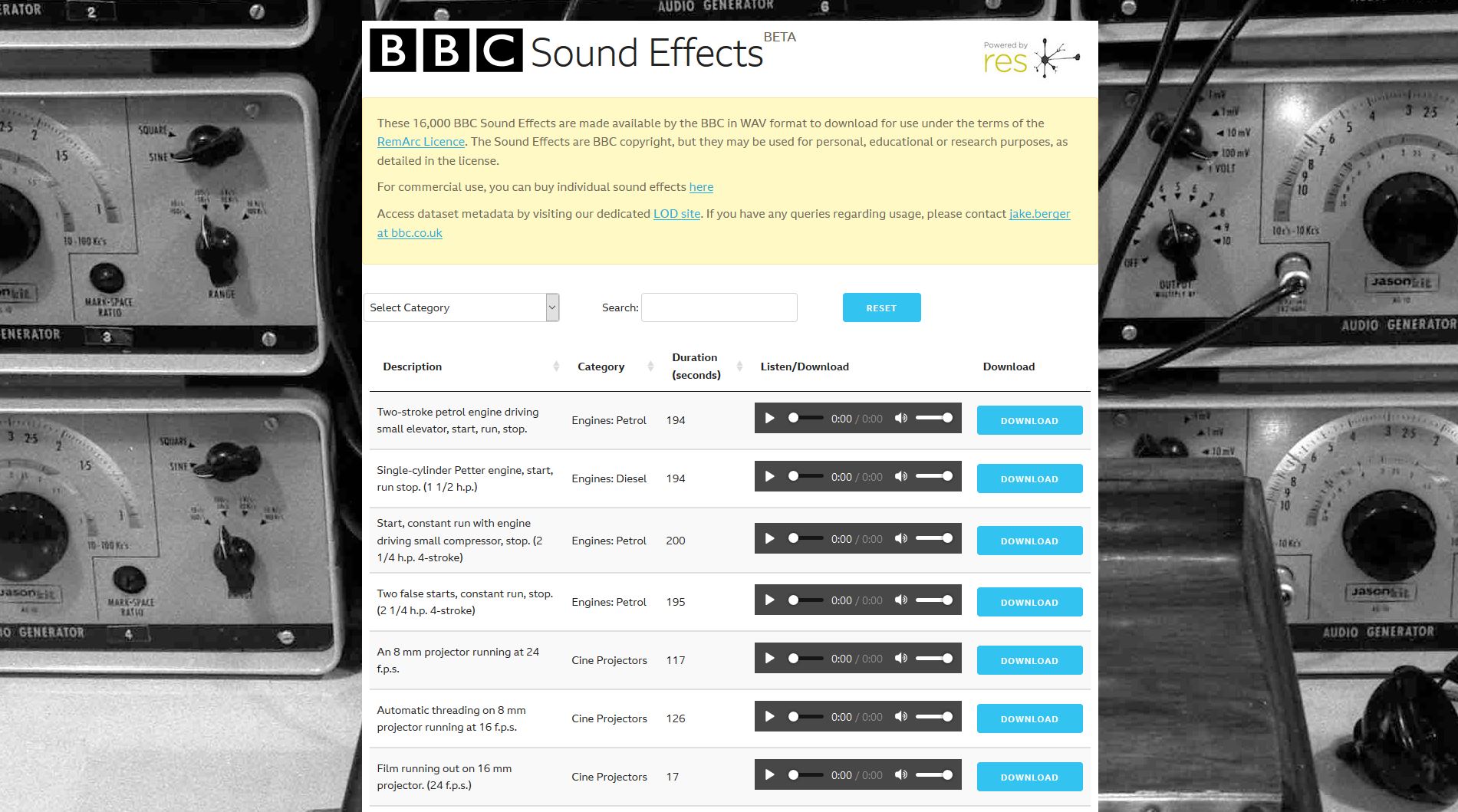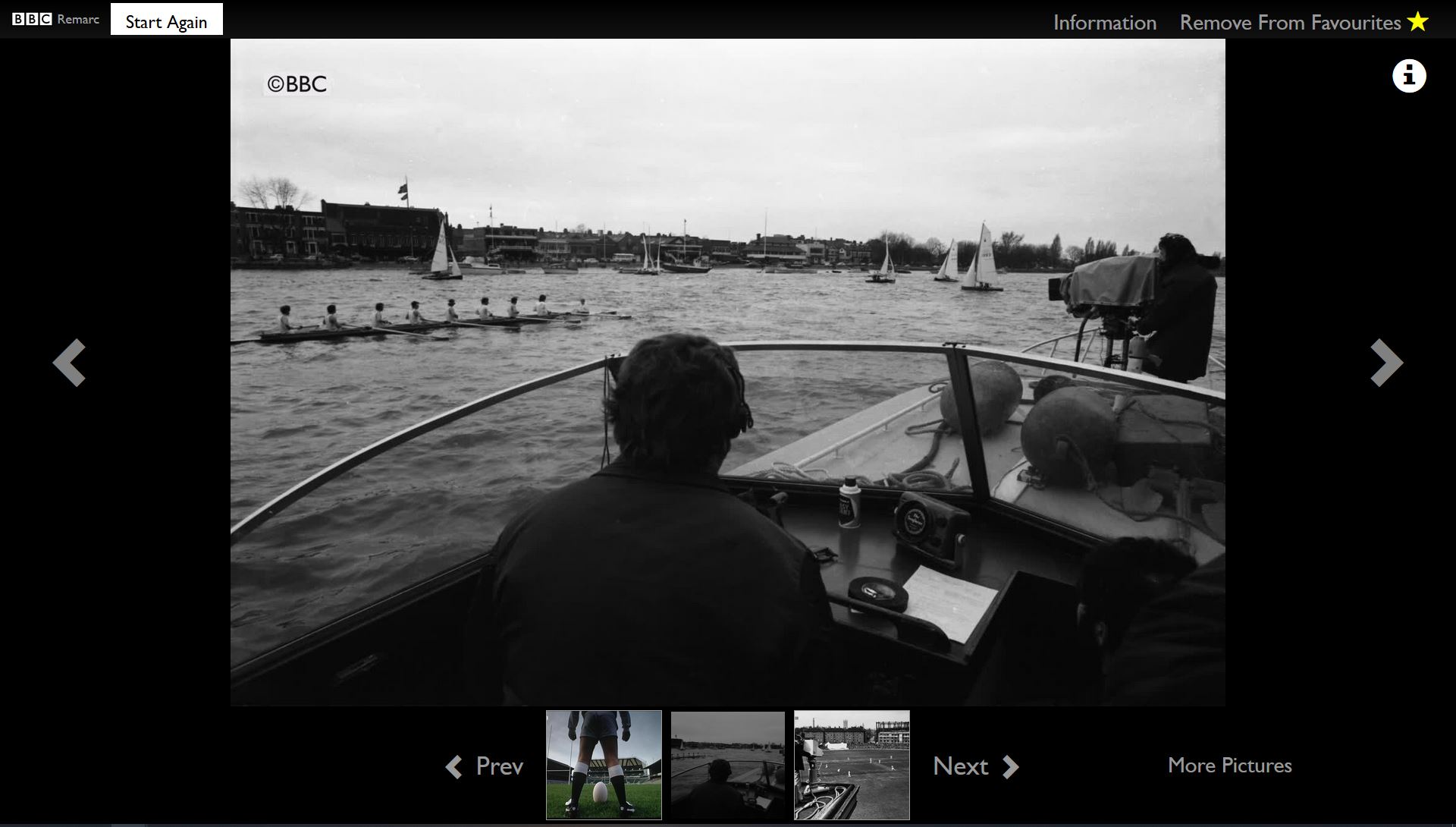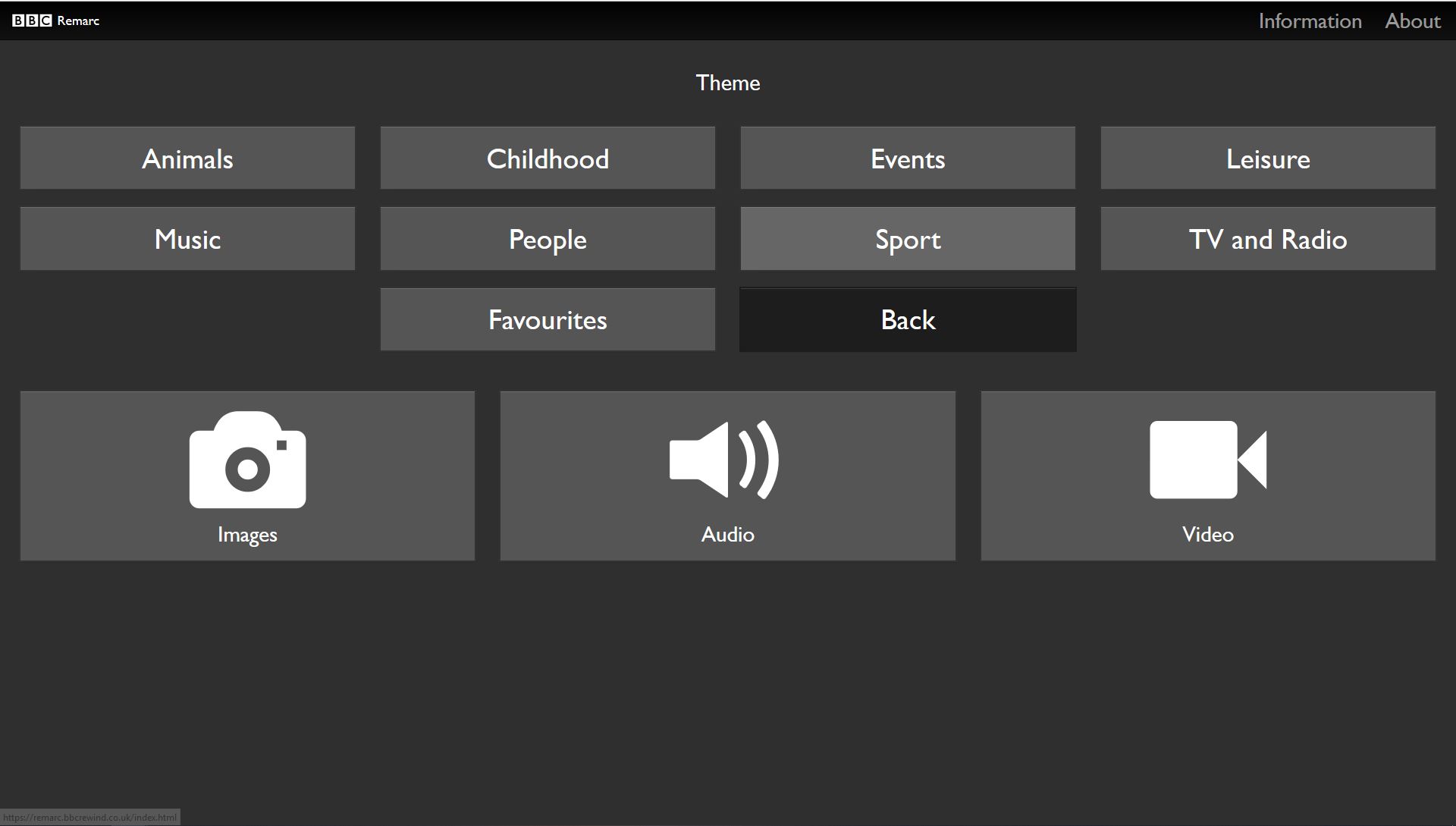The landing capsules of the alien ship, one after another with a shrill whistle, followed by a juicy splash, land in the muddy mud. When fanciful devices rise on long supports, steady silence was broken by gurgling. From the shiny cases water flows down. The capsules unfold and head off, squishing the marsh.
Nothing like that? This sounds like a couple of sixteen thousand records from the BBC sound library. This is a new part of the RemArc project, created to evoke memories.
The
archive contains sound effects that have been used on BBC radio programs since the 1920s. From the end of April, as a beta test, access to the database is open to everyone. So, if you were unsuccessfully looking for a recording of the screams of a capricious South American parrot, sounds of the Belgian post office or an inflatable rubber boat, consider yourself lucky. All tracks are available for download on the terms of use for "personal, educational or research purposes." But the BBC archive is not only a gift to sound designers. These sounds are published to help older people with dementia.

After several years of clinical research,
Norman Alm from the University of Dundee has found a simple way to help people with impaired memory, their caregivers and families with the help of new technologies.
Among other, very unpleasant symptoms, dementia adversely affects the ability to communicate, and without good contact it is not easy to understand the wishes and intentions of the patient. Communication with others is vital for an elderly person, directly influencing the quality of life.
Memories comparatively rarely take on sound form, but the audio range well stimulates long-term memory. It often happens that it persists even when the short-term begins to fail. As a rule, the strongest and clearest memories in patients with dementia relate to the period from 14 to 40 years. By stimulating long-term memory, you can help patients to establish contact with others, based on the memories that have survived.

Research by Norman Alma showed that materials of a “general” nature, that is, non-personalized audio and video recordings, and photographs, are best suited for this. They turned out to be more effective in waking up memories than family photos and personal items.
Dr. Alm, with the support of experts from the University of St. Andrews and the British charity Alzheimer's Society, turned for help to the BBC archive development team.
In collaboration with clinical researchers
, the BBC has developed a simple interface that is accessible through a browser anywhere in the world and adapted specifically for tablets, since this format is most convenient for patients with dementia.

This is how
RemArc (reminiscence archive) appeared - a site that allows the use of archive content in the treatment of patients and in cognitive research.
At first, the archive of memory contained about 1000 images, 500 audio and video recordings, sorted by subject and decades, but now the base has grown noticeably.
RemArc is free, and all archive software is open for non-commercial use and available on
GitHub . The researchers hope that this data will create local memory archives suitable for helping people around the world.